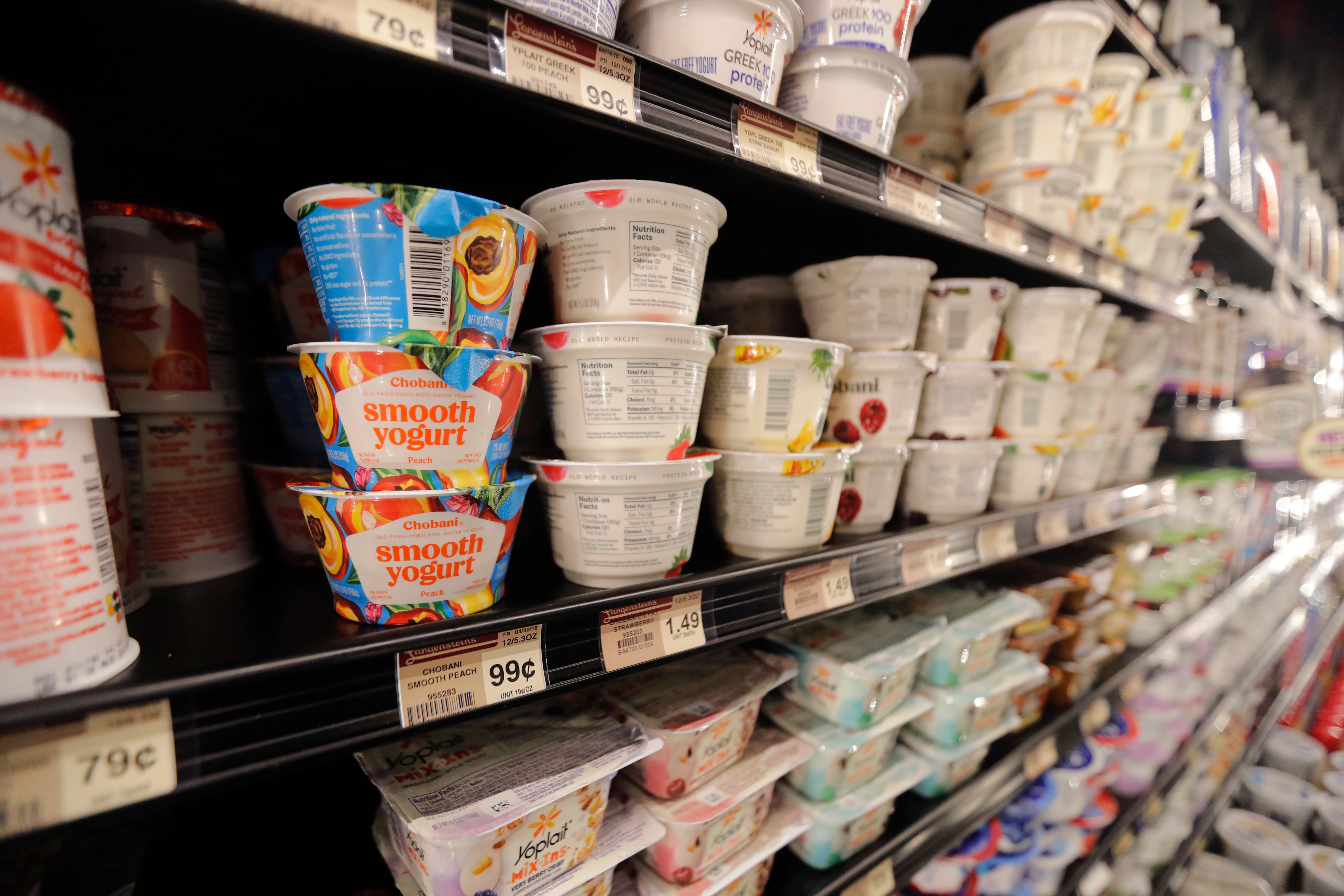Yogurts can make limited claim that the food reduces risk of type 2 diabetes, FDA says
Yogurt sold in the U.S. can make claims that the food may reduce the risk of type 2 diabetes based on limited evidence

Your support helps us to tell the story
From reproductive rights to climate change to Big Tech, The Independent is on the ground when the story is developing. Whether it's investigating the financials of Elon Musk's pro-Trump PAC or producing our latest documentary, 'The A Word', which shines a light on the American women fighting for reproductive rights, we know how important it is to parse out the facts from the messaging.
At such a critical moment in US history, we need reporters on the ground. Your donation allows us to keep sending journalists to speak to both sides of the story.
The Independent is trusted by Americans across the entire political spectrum. And unlike many other quality news outlets, we choose not to lock Americans out of our reporting and analysis with paywalls. We believe quality journalism should be available to everyone, paid for by those who can afford it.
Your support makes all the difference.Yogurt sold in the U.S. can make claims that the food may reduce the risk of type 2 diabetes, based on limited evidence, the U.S. Food and Drug Administration said Friday.
The agency agreed that there is some evidence, but not significant scientific agreement, that eating at least 2 cups of yogurt per week may reduce the chance of developing the disease that affects about 36 million Americans.
FDA has allowed qualified health claims — a claim that lacks full scientific support but is allowed as long as there are disclaimers to keep from misleading consumers — for dietary supplements since 2000 and foods since 2002. The agency had faced lawsuits that challenged the standard of requiring scientific agreement based on claims that it violated free speech guarantees.
Among the allowed qualified health claims: consuming some types of cocoa may reduce heart disease and cranberry juice might reduce the risk of recurrent urinary tract infections in women.
For yogurt, Danone North America, the U.S. branch of the French firm whose brands include Dannon, Activia and Horizon Organics yogurts, requested a qualified health claim in 2018. It submitted information from studies that observed participants over time and found a link between eating yogurt and lower markers of diabetes. The FDA agreed that there “is some credible evidence” of benefit from eating yogurt as a whole food, but not because of any particular nutrient in it.
Critics said the label change is not based on gold-standard randomized controlled trials that could have proven whether yogurt reduces diabetes risk.
No single food can reduce the risk of a disease that is tied to overall diet, the advocacy group Center for Science in the Public Interest said. It also said the label change might raise the risk of diabetes by encouraging consumption of yogurt, including types that include added sugars, and mix-ins such as cookies and pretzels.
Marion Nestle, a food policy expert, said qualified health claims based on limited evidence are “ridiculous on their face.”
“Translation: If you want to believe this, go ahead, but it's not on the basis of evidence,” she said.
___
The Associated Press Health and Science Department receives support from the Howard Hughes Medical Institute’s Science and Educational Media Group. The AP is solely responsible for all content.